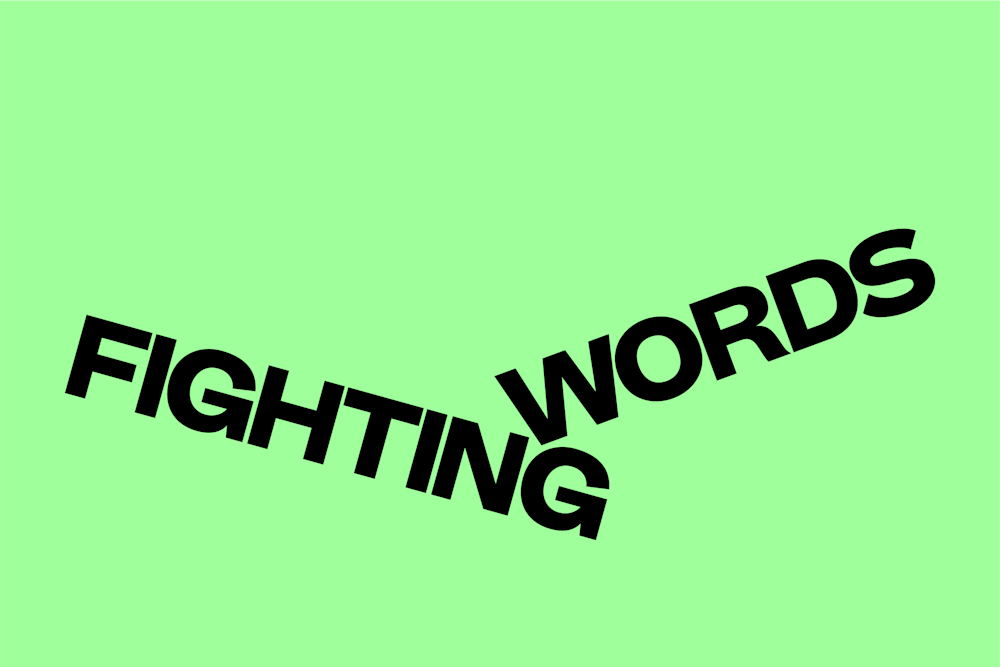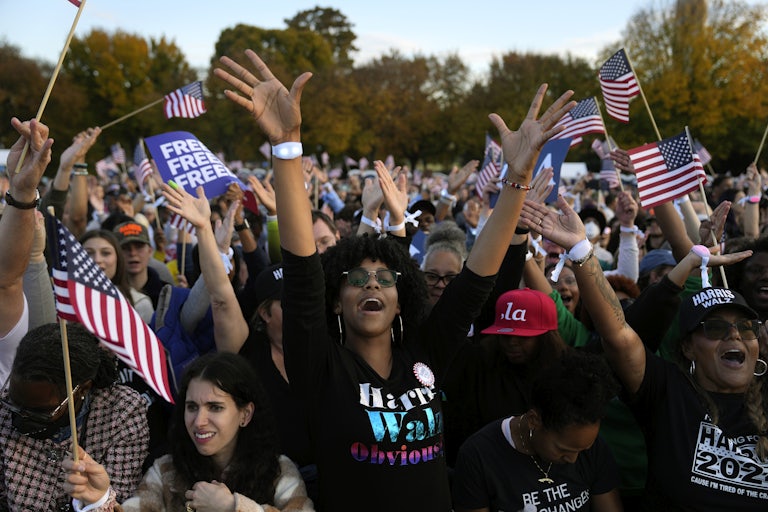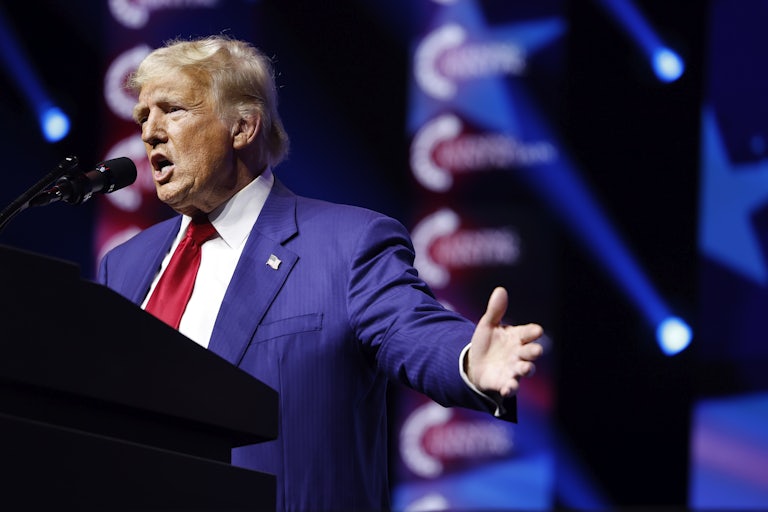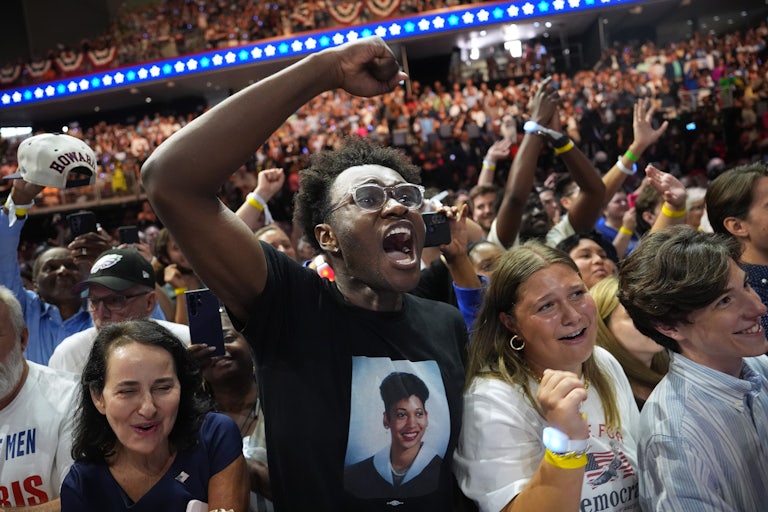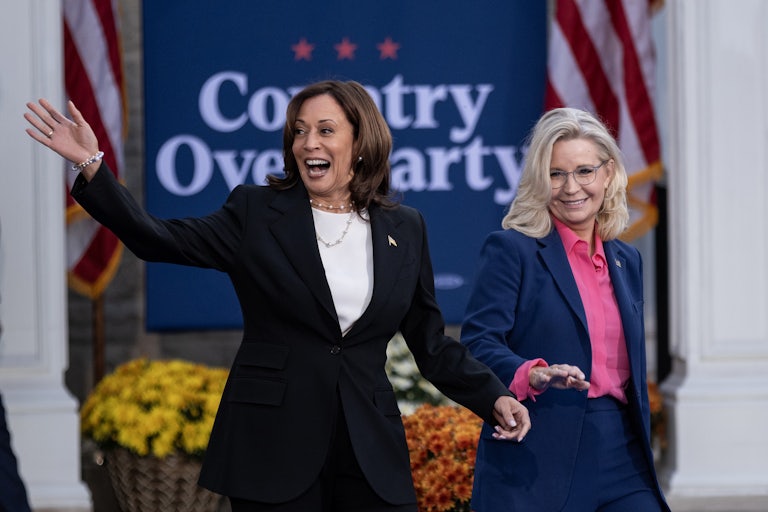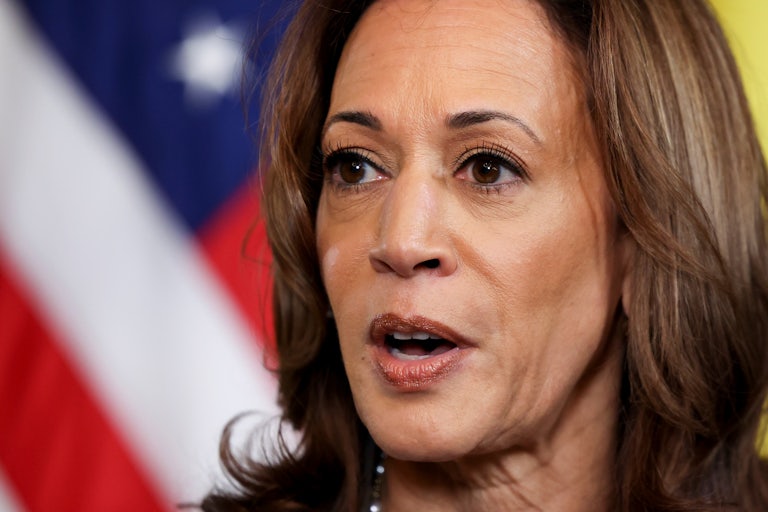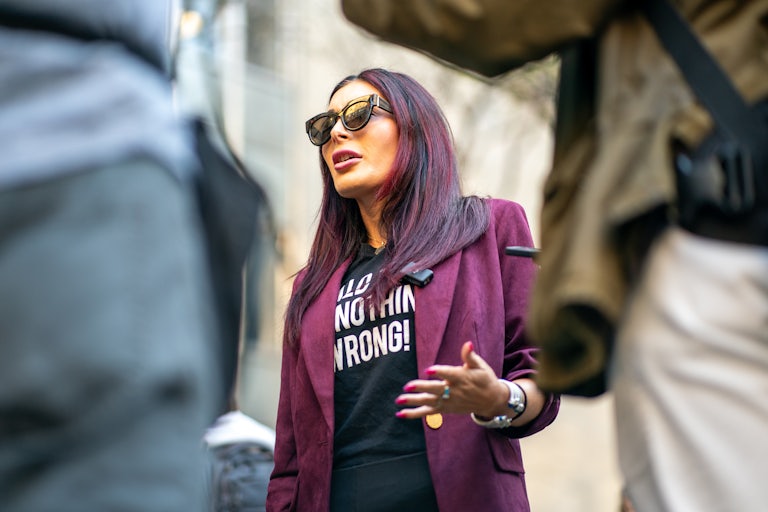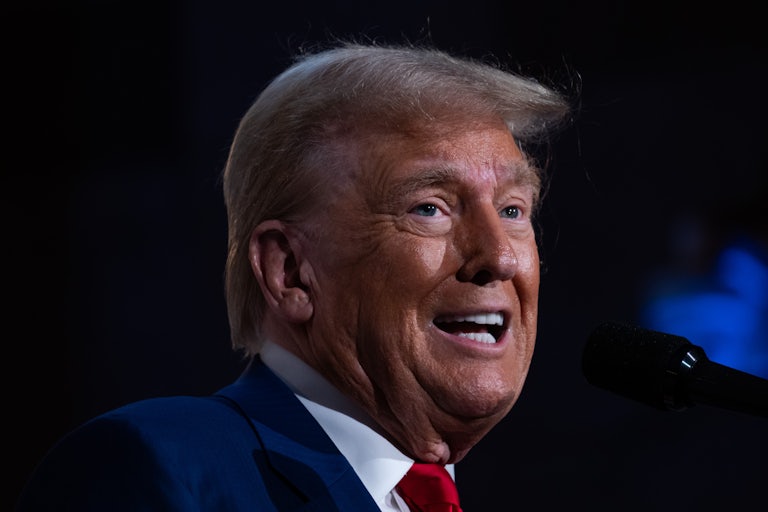Why Does No One Understand the Real Reason Trump Won?
It wasn’t the economy. It wasn’t inflation, or anything else. It was how people perceive those things, which points to one overpowering answer.
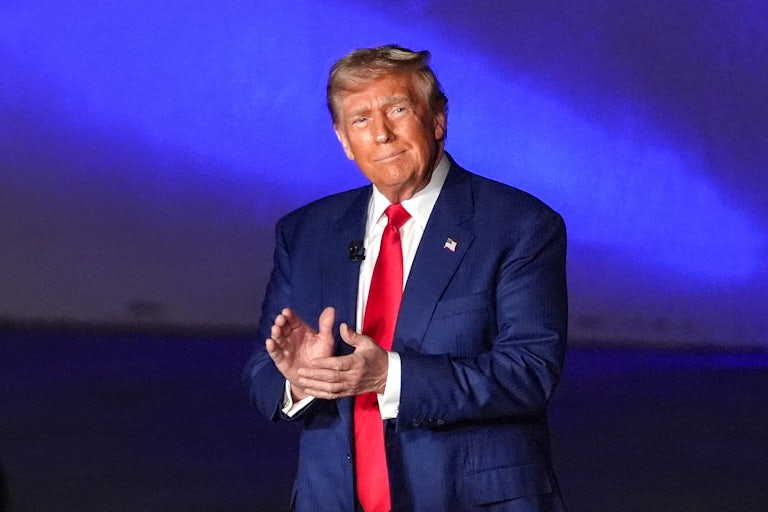
I’ve had a lot of conversations since Tuesday revolving around the question of why Donald Trump won. The economy and inflation. Kamala Harris didn’t do this or that. Sexism and racism. The border. That trans-inmate ad that ran a jillion times. And so on.
These conversations have usually proceeded along lines where people ask incredulously how a majority of voters could have believed this or that. Weren’t they bothered that Trump is a convicted felon? An adjudicated rapist? Didn’t his invocation of violence against Liz Cheney, or 50 other examples of his disgusting imprecations, obviously disqualify him? And couldn’t they see that Harris, whatever her shortcomings, was a fundamentally smart, honest, well-meaning person who would show basic respect for the Constitution and wouldn’t do anything weird as president?
The answer is obviously no—not enough people were able to see any of those things. At which point people throw up their hands and say, “I give up.”
But this line of analysis requires that we ask one more question. And it’s the crucial one: Why didn’t a majority of voters see these things? And understanding the answer to that question is how we start to dig out of this tragic mess.
The answer is the right-wing media. Today, the right-wing media—Fox News (and the entire News Corp.), Newsmax, One America News Network, the Sinclair network of radio and TV stations and newspapers, iHeart Media (formerly Clear Channel), the Bott Radio Network (Christian radio), Elon Musk’s X, the huge podcasts like Joe Rogan’s, and much more—sets the news agenda in this country. And they fed their audiences a diet of slanted and distorted information that made it possible for Trump to win.
Let me say that again, in case it got lost: Today, the right-wing media sets the news agenda in this country. Not The New York Times. Not The Washington Post (which bent over backwards to exert no influence when Jeff Bezos pulled the paper’s Harris endorsement). Not CBS, NBC, and ABC. The agenda is set by all the outlets I listed in the above paragraph. Even the mighty New York Times follows in its wake, aping the tone they set disturbingly often.
If you read me regularly, you know that I’ve written this before, but I’m going to keep writing it until people—specifically, rich liberals, who are the only people in the world who have the power to do something about this state of affairs—take some action.
I’ve been in the media for three decades, and I’ve watched this happen from the front row. Fox News came on the air in 1996. Then, it was an annoyance, a little bug the mainstream media could brush off its shoulder. There was also Rush Limbaugh; still, no comparison between the two medias. Rush was talented, after a fashion anyway, but couldn’t survive in a mainstream lane (recall how quickly the experiment of having him be an ESPN color commentator went off the rails.) But in the late 1990s, and after the Internet exploded and George W. Bush took office, the right-wing media grew and grew. At first, the liberal media grew as well along with the Internet, in the form of a robust blogosphere that eventually spawned influential, agenda-setting web sites like HuffPost. But billionaires on the right have invested far more heavily in media in the last two decades than their counterparts on the left—whose ad-supported, VC-funded operations started to fizzle out once social media and Google starting eating up the revenue pie.
And the result is what we see today. The readily visual analogy I use is: Once upon a time, the mainstream media was a beachball, and the right-wing media was a golf ball. Today, the mainstream media (what with layoffs and closures and the near death of serious local news reporting) is the size of a volleyball, and the right-wing media is the size of a basketball, which, in case you’re wondering, is bigger.
This is the year in which it became obvious that the right-wing media has more power than the mainstream media. It’s not just that it’s bigger. It’s that it speaks with one voice, and that voice says Democrats and liberals are treasonous elitists who hate you, and Republicans and conservatives love God and country and are your last line of defense against your son coming home from school your daughter.
And that is why Donald Trump won. Indeed, the right-wing media is why he exists in our political lives in the first place. Don’t believe me? Try this thought experiment. Imagine Trump coming down that escalator in 2015 with no right-wing media; no Fox News; an agenda still set, and mores still established, by staid old CBS News, the House of Murrow, and The New York Times.
That atmosphere would have denied an outrageous figure like Trump the oxygen he needed to survive and flourish. He just would not have been taken seriously at all. In that world, ruled by a traditional mainstream media, Trump would have been seen by Republicans as a liability, and they would have done what they failed to do in real life—banded together to marginalize him.
But the existence of Fox changed everything. Fox hosted the early debates, which Trump won not with intelligence, but outrageousness. He tapped into the grievance culture Fox had nursed among conservatives for years. He had (most of the time) Rupert Murdoch’s personal blessing. In 2015-16, Fox made Trump possible.
And this year, Fox and the rest of the right-wing media elected him. I discussed all this Thursday with Matthew Gertz of Media Matters for America, who watches lots of Fox News so the rest of us don’t have to. He made the crucial point—and you must understand this—that nearly all the crazy memes that percolated into the news-stream during this election came not from Trump or JD Vance originally, but from somewhere in the right-wing media ecosystem.
The fake story about Haitian residents of Springfield, Ohio eating cats and dogs, for example, started with a Facebook post citing second- and third-hand sources, Gertz told me; it then “circulated on X and was picked up by all the major right-wing influencers.” Only then did Vance, a very online dude, notice it and decide to run with it. And then Trump said it himself at the debate. But it started in the right-wing media.
Likewise with the post-debate ABC “whistleblower” claims, which Gertz wrote about at the time. This was the story that ABC, which hosted the only presidential debate this election, fed Team Harris the questions in advance. This started, Gertz wrote, as a “wildly flimsy internet rumor launched by a random pro-Trump X poster.” Soon enough, the right-wing media was all over it.
Maybe that one didn’t make a huge difference (although who knows?), but this one, I believe, absolutely did: the idea that Harris and Joe Biden swiped emergency aid away from the victims of Hurricane Helene (in mostly Southern, red states) and gave it all to undocumented migrants. It did not start with Trump or his campaign or Vance or the Republican National Committee or Lindsey Graham. It started on Fox. Only then did the others pick it up. And it was key, since this was a moment when Harris’s momentum in the polling averages began to flag.
I think a lot of people who don’t watch Fox or listen to Sinclair radio don’t understand this crucial chicken-and-egg point. They assume that Trump says something, and the right-wing media amplify it. That happens sometimes. But more often, it’s the other way around. These memes start in the media sphere, then they become part of the Trump agenda.
I haven’t even gotten to the economy, about which there is so much to say. Yes—inflation is real. But the Biden economy has been great in many ways. The U.S. economy, wrote The Economist in mid-October, is “the envy of the world.” But in the right-wing media, the horror stories were relentless. And mainstream economic reporting too often followed that lead. Allow me to make the world’s easiest prediction: After 12:00 noon next January 20, it won’t take Fox News and Fox Business even a full hour to start locating every positive economic indicator they can find and start touting those. Within weeks, the “roaring Trump economy” will be conventional wisdom. (Eventually, as some of the fruits from the long tail of Bidenomics start growing on the vine, Trump may become the beneficiary of some real-world facts as well, taking credit for that which he opposed and regularly denounced.)
Back to the campaign. I asked Gertz what I call my “Ulan Bator question.” If someone moved to America from Ulan Bator, Mongolia in the summer and watched only Fox News, what would that person learn about Kamala Harris? “You would know that she is a very stupid person,” Gertz said. “You’d know that she orchestrated a coup against Joe Biden. That she’s a crazed extremist. And that she very much does not care about you.”
Same Ulan Bator question about Trump? That he’s been “the target of a vicious witch-hunt for years and years,” that he is under constant assault; and most importantly, that he is “doing it all for you.”
To much of America, by the way, this is not understood as one side’s view of things. It’s simply “the news.” This is what people—white people, chiefly—watch in about two-thirds of the country. I trust that you’ve seen in your travels, as I have in mine, that in red or even some purple parts of the country, when you walk into a hotel lobby or a hospital waiting room or even a bar, where the TVs ought to be offering us some peace and just showing ESPN, at least one television is tuned to Fox. That’s reach, and that’s power. And then people get in their cars to drive home and listen to an iHeart, right-wing talk radio station. And then they get home and watch their local news and it’s owned by Sinclair, and it, too, has a clear right-wing slant. And then they pick up their local paper, if it still exists, and the oped page features Cal Thomas and Ben Shapiro.
Liberals, rich and otherwise, live in a bubble where they never see this stuff. I would beg them to see it. Watch some Fox. Listen to some Christian radio. Experience the news that millions of Americans are getting on a daily basis. You’ll pretty quickly come to understand what I’m saying here.
And then contemplate this fact: If you think they’re done, you’re in fantasy land. They’re not happy with the rough parity, the slight advantage they have now. They want media domination. Sinclair’s executive chairman, David Smith, bought the once glorious Baltimore Sun. Don’t think they’ll stop there. I predict Sinclair or the News Corp. will own The Washington Post one day. Maybe sooner than we think.
I implore you. Contemplate this. If you’re of a certain age, you have a living memory of revolutions in what we used to call the Third World. Question: What’s the first thing every guerilla army, whether of the left or the right, did once they seized the palace? They took over the radio or television station. First. There’s a reason for that.
It’s the same reason Viktor Orban told CPAC in 2022: “Have your own media.”
This is a crisis. The Democratic brand is garbage in wide swaths of the country, and this is the reason. Consider this point. In Missouri on Tuesday, voters passed a pro-abortion rights initiative, and another that raised the minimum wage and mandated paid leave. These are all Democratic positions. But as far as electing someone to high office, the Man-Boy Love Party could probably come closer than the Democrats. Trump beat Harris there by 18 points, and Senator Josh Hawley beat Lucas Kunce, who ran a good race and pasted Hawley in their debate, by 14 points.
The reason? The right-wing media. And it’s only growing and growing. And I haven’t even gotten to social media and Tik Tok and the other platforms from which far more people are getting their news these days. The right is way ahead on those fronts too. Liberals must wake up and understand this and do something about it before it’s too late, which it almost is.
